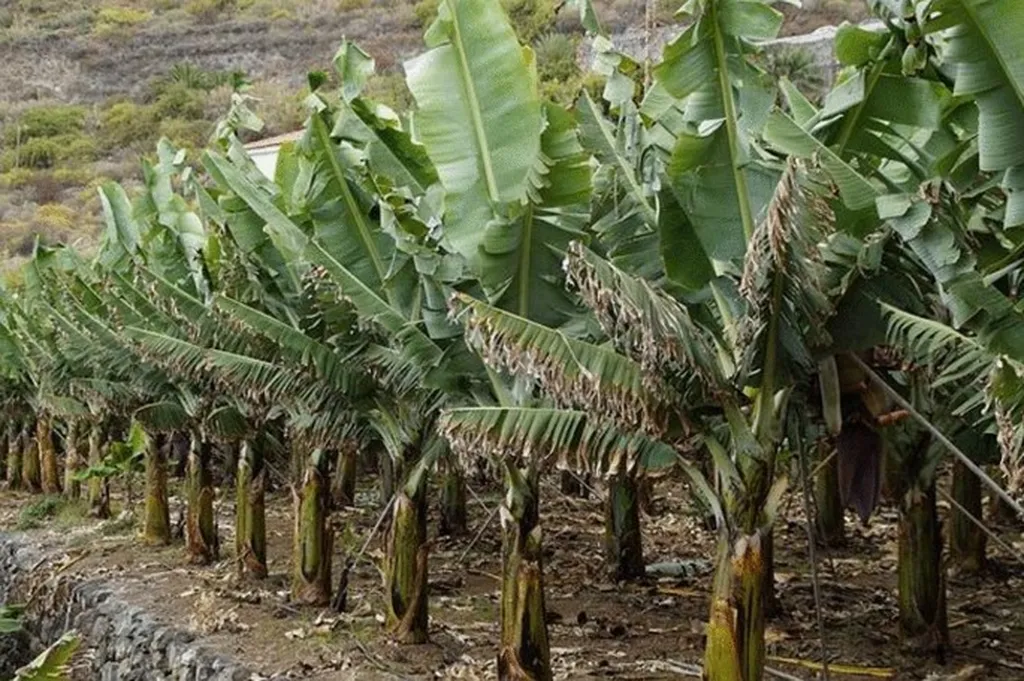In the rolling hills of Eastern Rwanda, where banana plantations stretch as far as the eye can see, a new tool is emerging to help farmers predict their crop yields with unprecedented accuracy. A recent study published in *Cogent Food & Agriculture* has harnessed the power of machine learning to forecast banana yields, offering a beacon of hope for smallholder farmers and agricultural stakeholders in the region.
The research, led by Augustin Ndayambaje of the African Center of Excellence in Data Science at the University of Rwanda, utilized a wealth of data from the National Institute of Statistics of Rwanda and the Rwanda Meteorology Agency. Key factors such as organic fertilizer usage, rainfall, temperature, and relative humidity were fed into machine learning models to predict banana yields. Among the models tested—Linear Regression, Random Forest, and Support Vector Machine (SVM)—Random Forest emerged as the clear winner, boasting an impressive R-squared value of 0.93.
“This study demonstrates the immense potential of machine learning in agriculture,” Ndayambaje explained. “By leveraging data-driven insights, farmers and agricultural cooperatives can make informed decisions that optimize resource allocation and ultimately improve crop yields.”
The implications for the agriculture sector are profound. Accurate yield predictions can help farmers plan their planting and harvesting schedules more effectively, reducing waste and maximizing productivity. For agricultural cooperatives and government bodies like the Ministry of Agriculture and Animal Resources, these insights can guide policy decisions and resource allocation, ensuring that support reaches the farmers who need it most.
“In regions like Rwamagana District, where banana farming is a cornerstone of the local economy, such tools can be a game-changer,” Ndayambaje added. “They empower farmers to adapt to changing climatic conditions and make data-driven decisions that enhance their livelihoods.”
The study’s findings underscore the broader potential of machine learning in agriculture. As climate change continues to pose challenges to traditional farming practices, data-driven approaches offer a way to mitigate risks and improve resilience. By integrating machine learning models into agricultural practices, stakeholders can better anticipate and respond to environmental changes, ensuring sustainable and productive farming systems.
Looking ahead, the success of this research could pave the way for similar initiatives across Rwanda and other regions with smallholder farming systems. As Ndayambaje and his team continue to refine their models, the hope is that these tools will become more accessible and widely adopted, benefiting farmers and the agriculture sector as a whole.
Published in *Cogent Food & Agriculture*, the study led by Augustin Ndayambaje of the African Center of Excellence in Data Science at the University of Rwanda highlights the transformative potential of machine learning in agriculture. As the world grapples with the challenges of climate change and food security, such innovations offer a glimmer of hope for a more sustainable and productive future.

